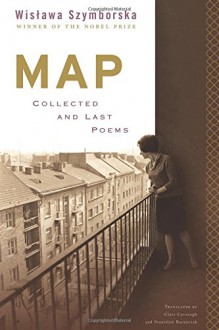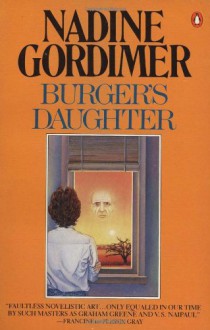
Most of the guidance on living better wasn't new, but the science behind it was new for me and incredibly interesting. It made so much more sense of the standard lifestyle and health advice that I have felt a little bombarded by at times.
Let's be honest, we've all heard things like eating better and spending more time outside are so good for us to the point where it's almost annoying to hear again. At the same time, what makes this book stand out from all the random advice we're given from almost every form of media is that it provides concrete biological evidence as to why these effect us the way they do. Blackburn and Epel don't just say things like, eating sugar is bad because they have calories and calories makes us fat, but they breakdown the way sugars effect us in the short and long term and why some sugary foods are worse than others. They cite research and they specify what was accounted for within it. I don't often see things like what the control was asked to do or what factors were controlled for, like whether or not the researchers had accounted for whether a person smokes. These finer details really make the book stand out among those aiming to inspire people to live better. Their evidence is way more concrete than the random correlations that I've seen others talk about.
I enjoyed the "Renewal Labs" and the "Telomere Tips" at the end of each chapter where several ideas to help with each change were given and the way the authors stress that small changes are better to make in the beginning or just focusing on one thing to change rather than trying to make a radical lifestyle change. Add something or expand the change when it has become a new normal in life. That makes sense and we all know to do it, but the writing style really gives the reader permission to take things really slowly, as opposed to some other health books I've read before. They actively encouraged that the reader make the smaller changes rather than bigger ones that have been proven to not last in what seemed like countless cited studies. I also appreciated the way they had information on how long the effects of a short change lasted on the body and whether the longer term effect was good or bad.
Telomeres are interesting little things that give me some hope. I come from a family t hat is generally told we look younger than we are, so I didn't come into the book concerned for my healthspan. Honestly, it was one of the books I had chosen because Dr. Blackburn is a Nobel Laureate in Physiology or Medicine for the very discovery of telomeres and telomerase (along with Carol W. Greider and Jack W. Szostak). I had no idea how all those things that lifestyle and health people tell you are actually connected to health and looking young but it makes sense now. Especially the looking young part.
After having read a few self-help and diet books on this sort of thing, it was helpful to get to this one. Honestly, I wish I could have just started here. It helps me wrap my head around what I need to do to make changes to know the how behind it all and not just get what seems to me like random associations. Shortening telomeres are more quantifiable than whether or not I feel better when I do something. It also made a whole lot more sense out of how and why you can have too much of a good thing that should make you healthier but really only makes you sicker.

 Log in with Facebook
Log in with Facebook 









